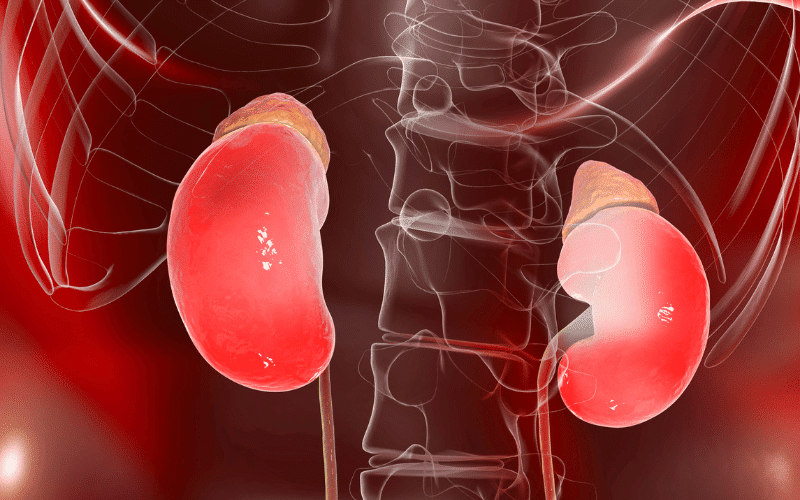Problem 13: IgA Nephropathy

IgA nephropathy, also known as Berger’s disease, is a kidney disorder caused by the buildup of the antibody immunoglobulin A (IgA) in the kidneys. This buildup can lead to inflammation and damage to the glomeruli, impairing their ability to filter waste products and excess fluids from the blood.
The exact cause of IgA nephropathy is not well understood, but it is thought to involve a combination of genetic and environmental factors.
Symptoms of IgA nephropathy may include:
• Blood in the urine, often following a respiratory or gastrointestinal infection
• Swelling in the legs, ankles, or feet
• High blood pressure
• Fatigue and weakness
• Foamy urine
Treatment for IgA nephropathy primarily focuses on managing symptoms and preventing complications. This may involve medications to control blood pressure, reduce inflammation, and suppress the immune system. In some cases, lifestyle modifications such as a low-sodium diet, regular exercise, and weight management can help manage symptoms and prevent complications. In advanced cases, dialysis or a kidney transplant may be necessary. (13)